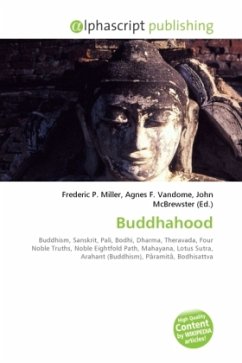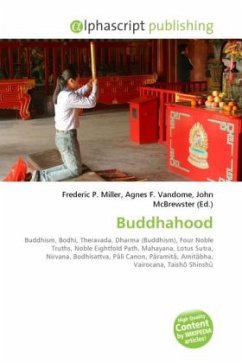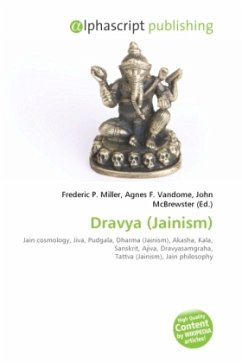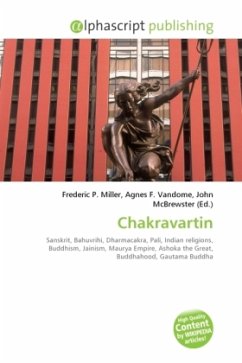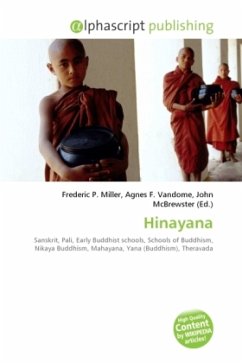In Buddhism, buddhahood is the state of perfect enlightenment attained by a. In Buddhism, the term 'buddha' usually refers to one who has become enlightened. The level to which this manifestation requires abstraction from ordinary life (ascetic practices) varies from none at all to an absolute requirement, dependent on doctrine. In Theravada Buddhist traditions, it is held that the person attains this state on their own, without a teacher to point out the Dharma, in a time when the teachings on the Four Noble Truths or the Eightfold Path do not exist in the world, and teaches it to others. In contrast, certain Mahayana Buddhist traditions (particularly those that consider the teachings of the Lotus Sutra to be paramount, which contains this concept) Buddhahood is considered to be a universal and innate property of absolute wisdom that is revealed in a person's current lifetime through Buddhist practice, without any specific relinquishment of pleasures or "earthly desires".
Bitte wählen Sie Ihr Anliegen aus.
Rechnungen
Retourenschein anfordern
Bestellstatus
Storno

